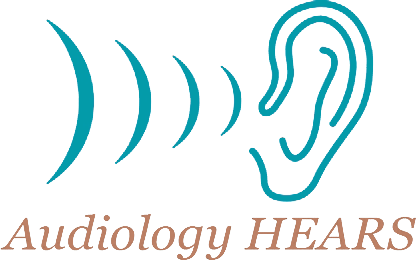Hearing is an integral part of how people connect, communicate, and experience the world. Yet, hearing challenges often go unnoticed until they significantly impact daily life. Many people wonder when it’s time to schedule a diagnostic audiologic evaluation.
This comprehensive assessment provides important information about hearing health and helps guide steps toward better auditory wellness. Understanding who might benefit from this evaluation can make a meaningful difference in maintaining quality of life.
Persistent Hearing Changes and Difficulty Following Conversations
Changes in hearing, even subtle ones, can signal the need for a diagnostic audiologic evaluation. This includes difficulty understanding conversations, particularly in noisy environments, or frequently asking others to repeat themselves. These signs could point to hearing loss, which may develop gradually or suddenly. Early detection through a thorough hearing health exam ensures timely intervention and can prevent further deterioration.
Some individuals notice they struggle to keep up with conversations in group settings or on the phone. This can feel isolating and frustrating. An audiologic evaluation identifies whether the issue stems from hearing loss or another auditory processing concern. Understanding the cause allows for targeted solutions, such as hearing aids or assistive listening devices, to improve communication.
Challenges with Balance or Dizziness
The ears are fundamental to maintaining balance, so issues like vertigo or unexplained dizziness can often be linked to the auditory system. People experiencing these symptoms might benefit from an audiologic evaluation to determine if the cause is related to inner ear function. Identifying and addressing the underlying issue can restore stability and confidence in daily activities.
Exposure to Loud Noise and Tinnitus
Those with a history of prolonged exposure to loud environments, such as concerts, industrial workplaces, or recreational shooting, are at a higher risk for noise-induced hearing loss. Even without noticeable symptoms, individuals with significant noise exposure should consider regular hearing health exams. These assessments can detect early signs of damage and provide strategies to protect residual hearing.
Tinnitus, a persistent ringing or buzzing sound in the ears, affects many people and often accompanies hearing loss. While tinnitus can have various causes, an audiologic evaluation provides clarity on whether it’s linked to the auditory system. From there, tailored management options can help reduce its impact on daily life.
Family History of Hearing Loss
Genetics can play a significant role in hearing health as people with a family history of hearing difficulties may be predisposed to similar challenges. Scheduling a diagnostic audiologic evaluation helps establish a baseline for hearing function and monitors changes over time. This proactive approach supports early intervention and better outcomes.
What Happens During the Evaluation
A diagnostic audiologic evaluation is more than just a standard hearing test. It involves a series of assessments conducted by a hearing health professional to examine the entire auditory system. These may include pure-tone audiometry, speech recognition tests, and middle-ear function evaluations. Each test provides necessary details about hearing capacity and overall ear health. Contact us today to schedule an appointment!
